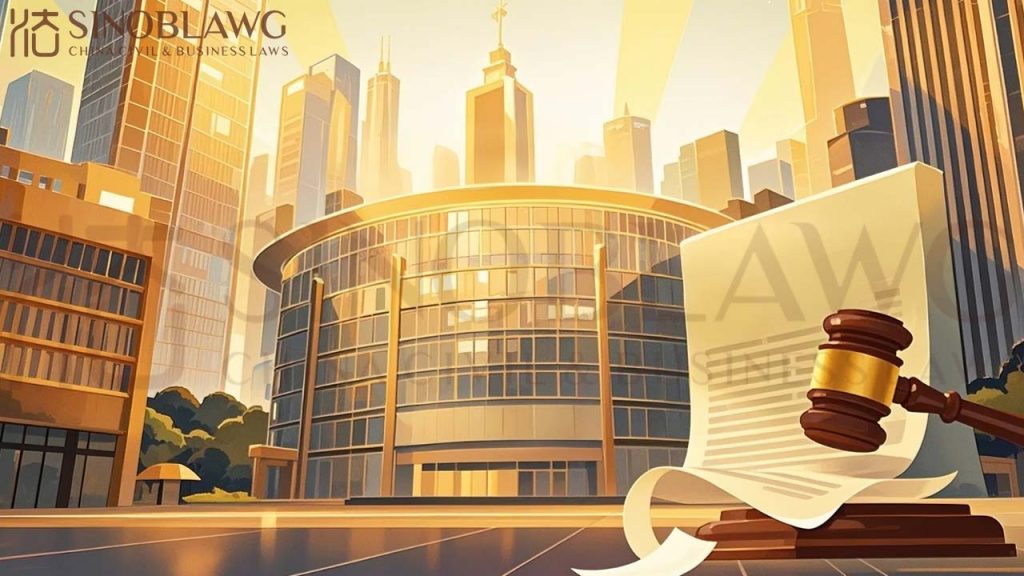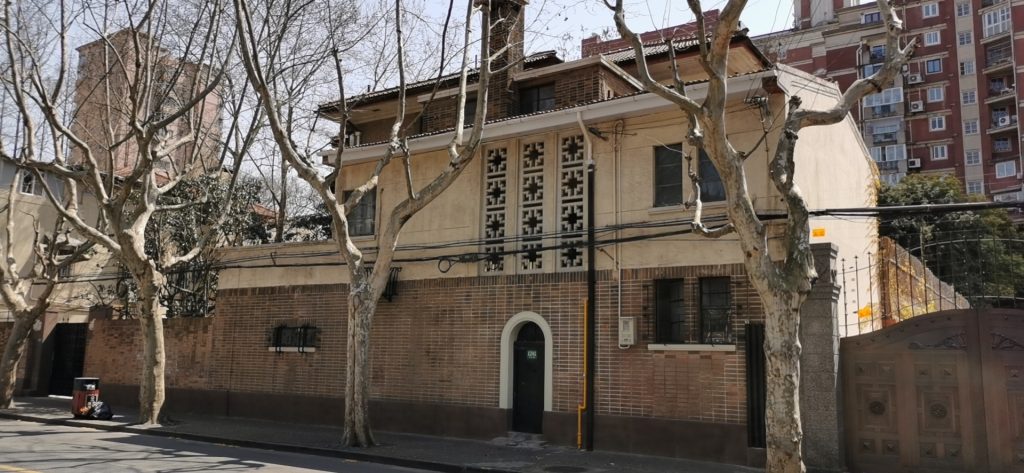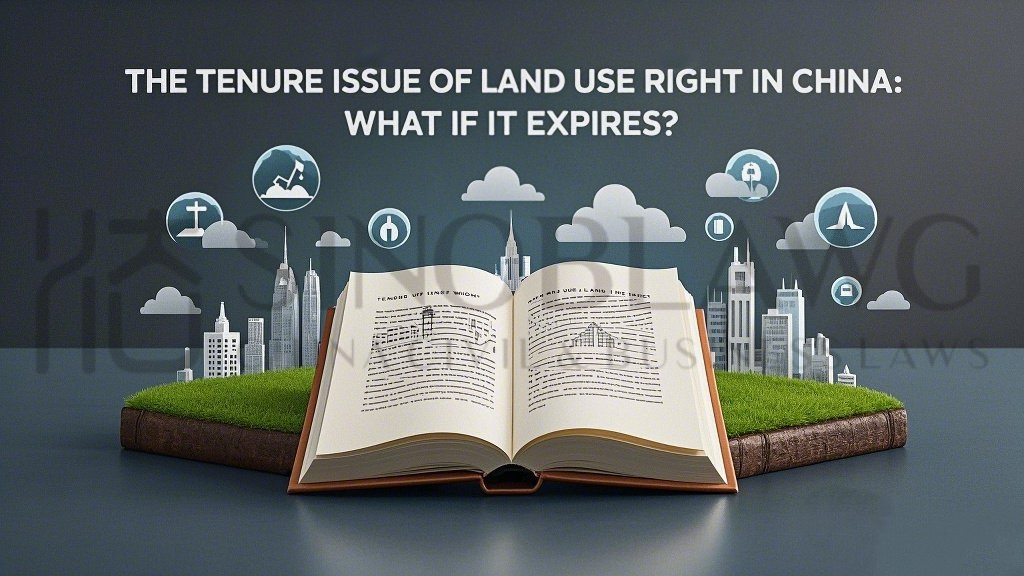Two months away from the third plenary session of CCP central committee, according to HK Economic Times, as a critical part of the overall reforms much expected and longed for, reforms in regard of Chinese land regime has still been in dispute among the top echelon people in China Community Party.
It is no surprise to me at all. It is likely that the inability to reach consensus on this point may hinder or hurt the overall reforms that are desirable to prompt Chinese economy for another golden period of prosperity, including reform on household registration administration, reform on treasure and financing systems and reform on land. Land reform stands at the core of these reforms without which the other two reforms cannot go far.
But why is it so difficult for land reform?
1. Ideological Difficulty
Much of the problem related to China land systems is the rural land collective ownership, a form of public ownership in addition to state-ownership. Any reasonable mind will be able to perceive the drawbacks of this collective-ownership. In practice, it is never easy or clear who exactly are the owners of the vast land? The China constitution and laws say they are the economic organizations in the rural area, but the laws have been silent on definition of these rural economic organization. In practice, due to lack of recognition as legal entity at laws, the administrative self-governing body in rural areas have in fact filled up the vacuum. Such ambiguity has led to serious problems in rural society with farmers not so much attached onto farmland as private land owners.
It has been called into question for long. Many academic writes have proposed to abandon the whole public ownership system in China which is believed to be incompatible with market economy fundamentals. But China has long claimed itself to be a socialist country which concept is closely tied to public ownership of production means. If the collective ownership is to be repealed, the foundation for claiming to be a socialist nation will be seriously undermined because the vast population in rural areas, a backbone support for China’s current political regime, may start doubting such policy.
Given the top leader’s speech about paramount importance of ideological work, I personally am pessimistic about any change into private ownership oriented reforms in land systems.
2. Difficulty Caused by Vested Interest Group
Real estate industry has been a major engine that has kept Chinese economy roaring so far. Over decades, vested interest groups in the industry have come into being and taken root,, among which the governments themselves are the biggest group. It is simple: governments take lands from the rural collectives at ridiculously low prices and lawfully convert such land into state-owned lands, and then governments sell such lands for big money. By this way, governments act like traders of land, buying low from farmer collectives and selling high to developers, and the different or profits are so huge that Chinese local governments easily get rich. With this money, governments start constructing grand empty and lavish offices and offer nice benefits to their employees, the public servants.
The governments have got so indulged in such easy money that they immediately felt the sting when the real estate market stagnates or goes down. In fact, a stagnant or falling real estate market may well precipitate many local Chinese governments into insolvency, and indeed this is why reform in treasure and financing ranks on par with land inform and household administration reform.
Any reform in land administration that might hurt governments’ ability to take money out of land will for sure be opposed vehemently in Chinese legislation body which are composed most of governments officials.
3. Difficulty in Administering Rural Land Generated Income
This is more a technical issue at law.
Again the problem arises from the absurd concept of “collective” which refers to a dynamic and changing community in a certain area. Legally speaking, it is understood that as a form of public ownership, the collective is not regarded as a private entity such as a company whereby its income and profits will be distributed to its members. There has been no clear rules on how the money received for surrendering land to governments shall be spent. In locally initiated reforms, there have been different experiments on how the money received from granting rural land (to industrial activities rather than property development) are used. Ironically, in quite a few places, the rules said that local municipal governments are entitled to a share in the land proceeds, which is purely groundless at law.
A more important issue with rural collectives is that over time of urbanization and modernization of China, the boundary between urban and rural areas will be blurred for sure, resulting in collapse of the so-called “collectives” as is happening throughout the country now. Rural residents have migrated to urban cities through various ways leaving their lands in the rural area. Furthermore, according to China Constitution, urban lands belong to the state, not the collectives. With the advance of urbanization in China, more and more lands will become urban and thus become state-owned. Collectives will be doomed to exit history which is just a matter of time.
So if China is to stop direct taking of lands from rural collectives and to allow rural lands to enter market, there will surely arise in the future the issue of how to treat the unconverted rural land in the urbanized cities.
Personally, I am of the opinion that China will nationalize all lands in its territories (excluding Hong Kong, Tai Wan and Macau) at the end of the day. But how the nationalization will run up its own course remains to be seen.








Comments